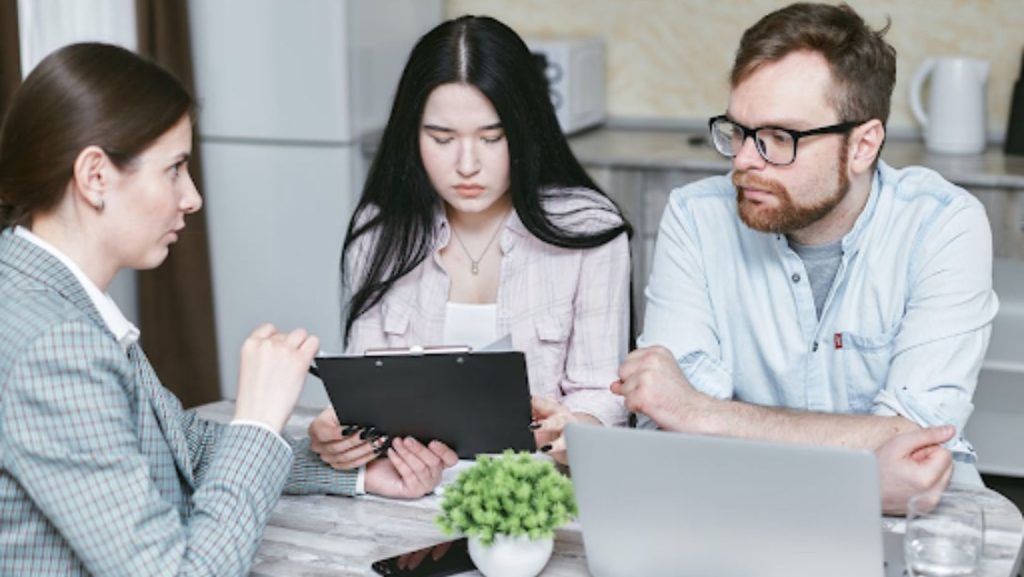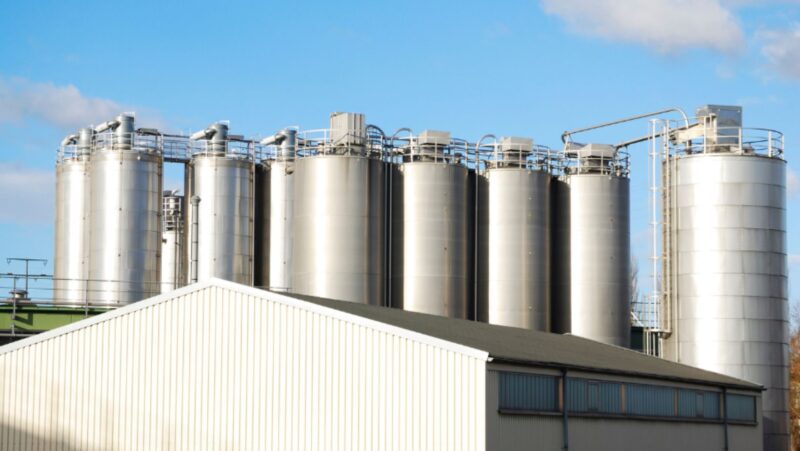
Selecting the right boiler insurance policy can be a daunting task for homeowners who face the prospect of costly repairs or replacements. A boiler breakdown causes inconvenience and can be a significant financial setback. In this guide, we’ll navigate through the crucial points to consider when choosing a boiler insurance policy, ensuring that you are well-informed and can decide to provide the best protection for your home and peace of mind.
Comparing Insurance Providers
When comparing boiler insurance providers, assessing their reputation, customer service quality, and response times is essential. Look for companies with high customer satisfaction ratings and read feedbacks to understand how they handle claims and emergencies. Examine their coverage options, and be mindful of policy details such as exclusions, excess fees, and whether they offer annual boiler servicing. After you compare the sweetest boiler insurance deals and narrow down your options, it’s time to analyze the policy details. This includes the terms and conditions outlining the coverage and any limitations or restrictions. Make sure you fully understand what is included and excluded in the policy to avoid any surprises in the event of a claim.
Coverage Options to Look For
When analyzing boiler insurance policies, evaluating the scope of coverage is critical to ensure it aligns with your needs. Look for policies that cover the boiler and the central heating system, including radiators and thermostats. Additionally, consider whether the policy includes coverage for routine maintenance, safety inspections, and emergency call-outs. Some insurers may offer ‘no-claims’ bonuses or reduced premiums for years without incidents, which can provide long-term savings. Finally, confirm if there are any limits on the number of claims you can make within a certain period and check the maximum coverage amount to ensure it is sufficient for potential repairs or a full replacement.
Exclusions and Limitations
Understanding the exclusions and limitations is crucial when selecting a boiler insurance policy. Typically, policies will only cover boilers within a certain age or wear and tear from regular use. Other common exclusions could include the costs associated with replacing parts that are deemed to have a limited lifespan, such as fuses or filters.
Many policies will not honor claims if the boiler has not been installed according to manufacturer guidelines or is regularly serviced. Limitations may also extend to the maximum amount that the provider will pay out for a single claim or over the duration of the policy period. It is important to scrutinize these details meticulously to ensure that your policy provides solid coverage without any unwelcome gaps.
Considerations for Premiums and Deductibles
When weighing your insurance options, understanding premiums and deductibles is fundamental. The premium is the amount you pay for your insurance policy, usually monthly or annually. To get the best balance between cost and coverage, compare the premiums from different insurers, taking into account any discounts for which you may be eligible, such as for a multi-policy arrangement or a loyal customer discount.

The deductible, however, is the amount you’re responsible for paying before your insurance coverage kicks in on a claim. Lower deductibles can make a policy seem more attractive but often come with higher premiums. Conversely, opting for a higher deductible typically results in a lower premium but requires a greater out-of-pocket expense when making a claim. Assess your financial situation to determine a tolerable deductible level in an emergency and ensure that it aligns with the premium you’re willing to pay.
Customer Service and Claims Process
Exemplary customer service and an efficient claims process are vital elements of a boiler insurance policy. When a boiler fails, a swift and supportive response can make a significant difference. Investigate each insurer’s customer service track record—this includes their availability, whether they offer 24/7 support, and the ease with which policyholders can initiate claims.

Additionally, inquire about the typical claims process timeline and the steps involved, from reporting an issue to the resolution. Consider insurers that provide straightforward contact options, such as online claims forms or dedicated hotline numbers. It’s also wise to check if the insurer offers a guarantee on repairs made, which not only adds confidence but may also save costs in the long run.
In conclusion, selecting the right boiler insurance policy requires careful evaluation of coverage options, exclusions, premiums, and customer service quality. By considering these factors and comparing multiple insurers, you can make an informed decision to protect your home and finances in case of a boiler breakdown.












